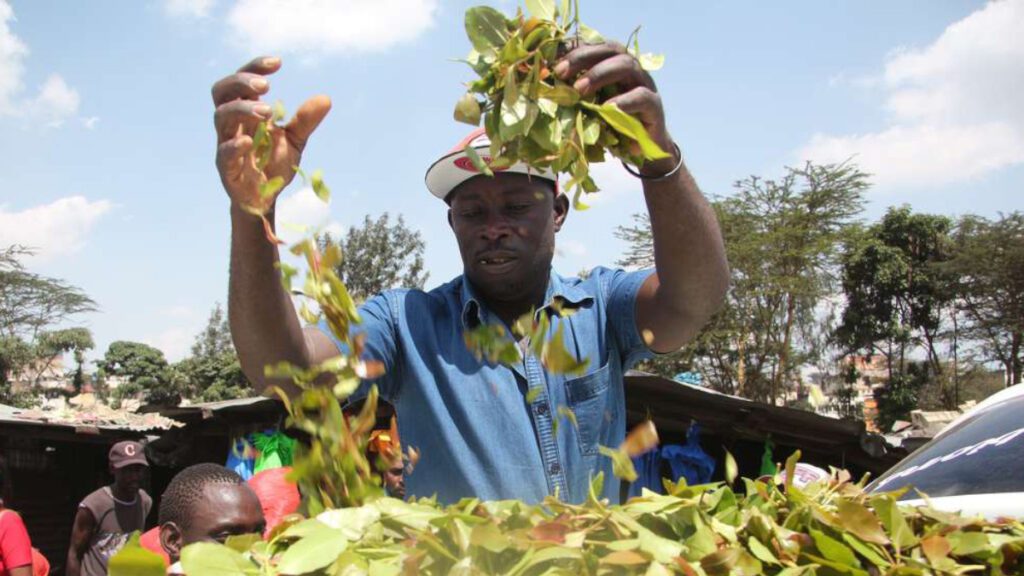Kenya has officially secured Djibouti as a new export destination for miraa (khat), opening a fresh chapter in the country’s agricultural trade and offering miraa farmers new economic prospects.
The Agriculture and Food Authority (AFA) on Wednesday confirmed the breakthrough, attributing it to year-long trade engagements between Kenya and Djibouti, which culminated in a bilateral agreement to open Djibouti’s market to Kenyan miraa.
“This new development marks a major milestone in diversifying Kenya’s miraa export markets. The traders are encouraged to take advantage of this new commercial opportunity and link up with buyers in Djibouti for business engagement,” said AFA Director-General Bruno Linyiru.
According to AFA, the deal was secured after a Kenyan trade mission visited Djibouti in October 2024, followed by a reciprocal visit by a Djibouti delegation in November 2024. The agreement allows Kenyan miraa to enter the Djibouti market, subject to regulatory compliance.
Exporters interested in supplying the new market must meet Djibouti’s quality assurance protocols and ensure they obtain all required documentation. AFA is expected to issue further guidance on compliance and logistics in the coming weeks.
Miraa, a mildly stimulant crop chewed for its euphoric effect, was declared a scheduled crop in 2016 under the Crops Act. The designation allowed for the formal regulation and promotion of its production, processing, and marketing.
Historically grown in Meru, Tharaka Nithi, and Embu counties, miraa farming has now spread to over eight counties including Marsabit, Murang’a, Nyeri, Makueni, Laikipia, and West Pokot due to growing demand.
In February 2025, Agriculture Cabinet Secretary Mutahi Kagwe introduced revised miraa prices to cushion farmers. Grade one miraa rose from Sh700 to Sh1,300 per bundle, grade two increased from Sh350 to Sh700, and Alele miraa from Sh500 to Sh1,000.
During a tour of Meru on April 2, President William Ruto pledged state support to miraa farmers and announced a crackdown on cartels blamed for exploiting producers and undercutting their earnings.
The new Djibouti market is expected to help stabilize the sector, which has struggled with overreliance on traditional buyers like Somalia. Kenya has also been exploring other potential markets, including the Democratic Republic of Congo and Israel.
With miraa sales contributing significantly to household incomes in its growing regions, the expansion to Djibouti could mark the beginning of stronger economic returns for one of Kenya’s most culturally and economically significant cash crops.


